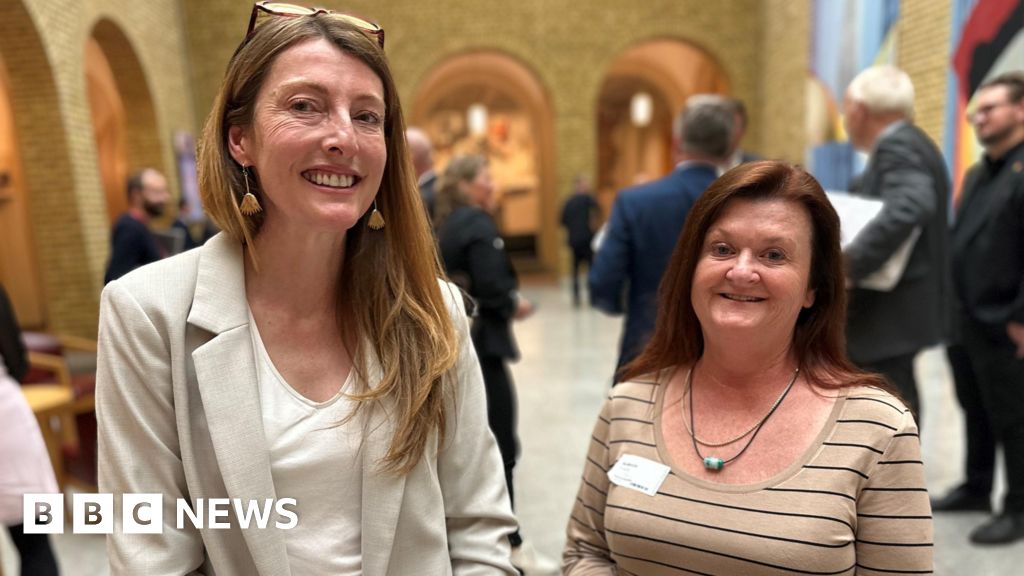Tragic Kielland Rig Disaster: Families Finally Receive Compensation After 45 Years

After decades of waiting and tireless advocacy, families of the British workers tragically lost in the Kielland oil rig disaster have finally received compensation from the Norwegian government. The disaster, which occurred 45 years ago, claimed the lives of 123 people, leaving a lasting scar on the families and communities affected. Among those families are Laura Fleming and Tara Pender, who lost their fathers in the devastating event.
A History of Tragedy: The Kielland Disaster
On March 25, 1975, the semi-submersible drilling rig Alexander L. Kielland, owned by the Bergen-based Smedvig Drilling company, was experiencing a festive gathering for employees and their families. Suddenly, a section of the rig collapsed, plunging over 200 people into the frigid waters of the North Sea. The incident remains one of the worst offshore drilling disasters in history, and its impact continues to resonate with those who lost loved ones.
Initial investigations focused on structural failures and potential design flaws within the rig’s construction. While a definitive cause remained elusive for many years, the tragedy exposed critical safety shortcomings within the burgeoning offshore oil industry.
Years of Struggle and Advocacy
The families of the victims endured a long and arduous battle for recognition and compensation. Legal proceedings were complex and protracted, often hampered by jurisdictional challenges and the passage of time. Despite facing numerous obstacles, the families persevered, driven by a desire for justice and closure.
Laura Fleming and Tara Pender, whose fathers were among those lost, have been particularly vocal in their pursuit of compensation. Their dedication, alongside that of other family members, played a crucial role in bringing the issue to the forefront and ultimately securing the Norwegian government’s commitment.
A Welcome Decision: Compensation Finally Granted
The Norwegian government's recent decision to provide compensation represents a significant step towards acknowledging the suffering of the families and recognizing the long-term impact of the disaster. While financial compensation can never fully replace the loss of a loved one, it offers a measure of relief and a sense of validation for the families' years of struggle.
“This is a momentous occasion for our families,” said Laura Fleming. “It’s been a long and difficult journey, but we are grateful to the Norwegian government for finally recognizing our pain and offering this compensation.”
Tara Pender added, “My father was a dedicated worker, and his loss has left an undeniable void in our lives. This compensation will help us to honor his memory and ensure that his sacrifice is not forgotten.”
Looking Ahead: Lessons Learned and Safety Improvements
The Kielland disaster served as a stark reminder of the inherent risks associated with offshore oil and gas operations. Following the tragedy, significant improvements were made in rig design, safety regulations, and emergency response procedures. These changes were implemented to prevent similar incidents from occurring in the future.
The ongoing efforts to ensure safer working conditions in the offshore industry are a testament to the lessons learned from the Kielland disaster. The compensation awarded to the families is a crucial part of the healing process and a symbol of the commitment to prioritize safety and protect the lives of those working at sea.






